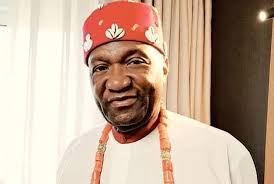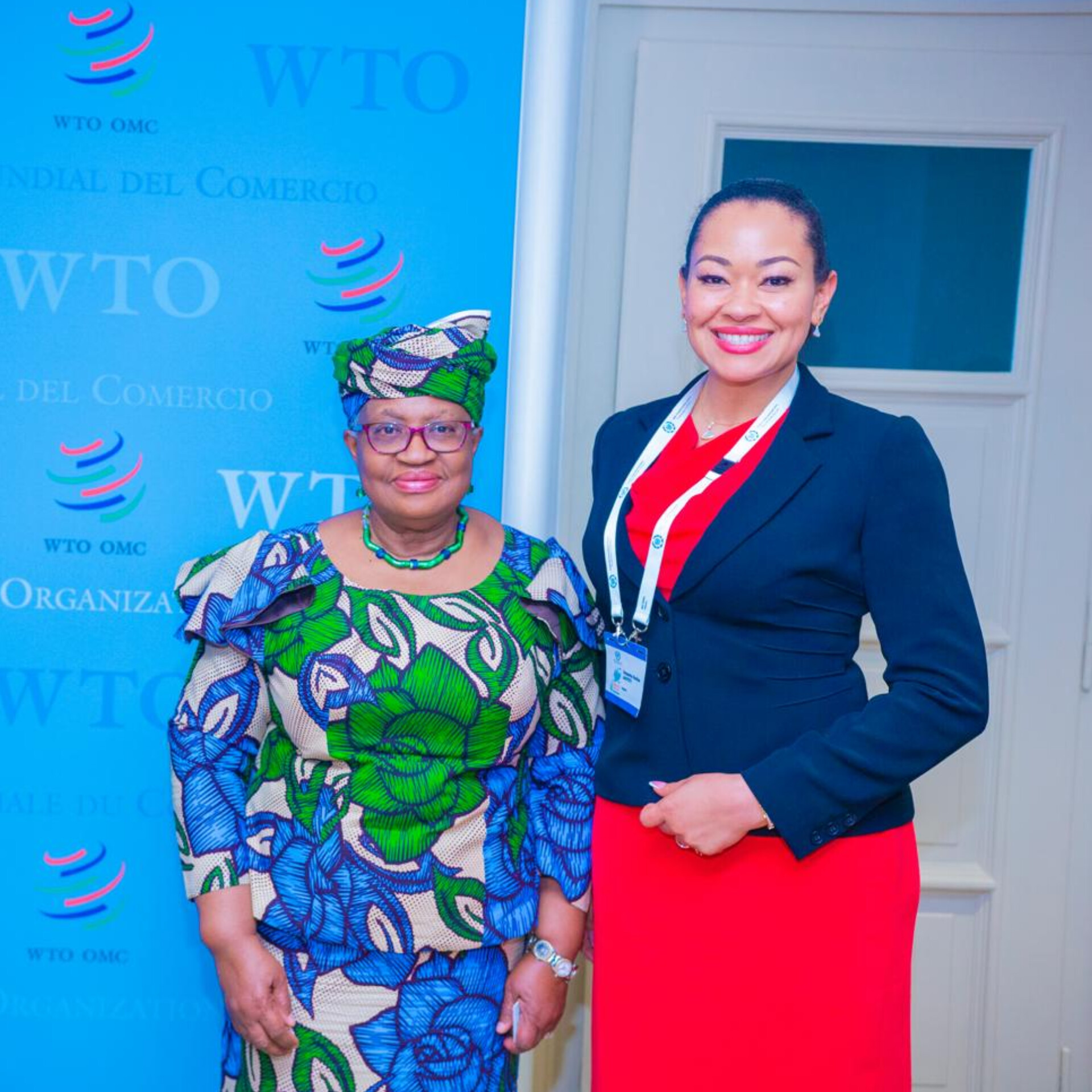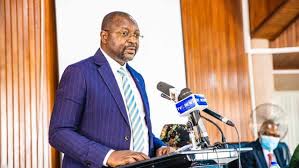***LP is now like NADECO, with Obi leading Nigeria out of Bondage, says Ayo Adebanjo
The immediate past President General of Ohaneze Ndigbo and former Minister of Information Chief John Nwodo has lauded Peesident Muhammadu Buhari for the new policy of Naira redesign which has mopped up excess money in circulation for election riggers to buy votes
Speaking at an extraordinary meeting organized by the Southern and Middle Balt Leaders Forum (SMBLF) comprising, the Middle Belt forum, Afenifere, PANDEF, and Ohaneze Ndigbo he said what ever wrong the President has committed in the past his stand in this very issue has vindicated him.
“I want to congratulate President Buhari on the current policy in ensuring that this election is not monetized. What is going on in the country now is the change of currency. It is limiting squandermania. “Election is no longer a bazaar in which you buy the conscience of our people by sharing ill gotten wealth among them. It is now a task of using your bait to determine your fish.
“Whatever wrong the head of state has done in the past this one has vindicated him, I salute him.
Nwodo and other leaders of the forum and all members of their various organizations had thrown their weight behind Peter Obi/Ahmed Datti to be President and Vice President of the Federal Republic of Nigeria under the banner of the labour Party.
Nwodo who spoke at the event expressed gratitude to Chief Edwin Clark who founded the forum more than ten years ago when he brought them together and they began to become a strong united pressure group in Nigeria dealing with the salient issues of the country.
When I grew up as a child, when I could touch my ear with my hand I was allowed to start primary school. I went to a primary school which had a good football field. I could tell what 100 yards was, I could tell what 440 was. We had a farm that each one of us owned farms I knew the yam species, the beans species.
“We will clean the blackboard when it was your turn, you wrote the date, we know the inches of the rainfall in the rainy season and the direction of the wind because there was a beaker calibrated in inches in our school, because there was a wind mill which showed you the direction of the wind
“When I went to secondary school, I was in the same class with two beneficiaries of my father’s scholarship. My father was a minister. It is not possible now
“If I had married 9 years ago when my wife died I doubt if my drivers children will afford the same school as mine. I have made it a point of duty however to ensure that my drivers children are the best schools. Two of them are in a Federal school and I pay their school fees. However, he said Nigeria has lost it, recalling how the country started with every one equal.
“The regions had their autonomy and they faired better. The groundnut pyramids have disappeared, the palm oil and the Palm kernel oils have disappeared, the rubber has disappeared, the pyramids of coconut have disappeared.

He said the leaders have now learnt how to be thieves, “we learnt how to steal them and destroyed the future of our children.
“We have lost the reality of life. We are just living when we have money to buy a status symbol and go about gloating ourselves as if we are nothing but empty vessels.
“We have been challenged, we have come to the crunch of taking our country back into our hands and the only way is to have a free and fair election, to choose the best man.
“The few who went to Chatham House they saw the celebration of excellence in Chatham House. If the English men were voting for Nigeria it is clear whom they would have voted for.
“How can I follow somebody who doesn’t inspire me? How can I vote for a man that I can not confide in, to leave my destiny and my future with. This is what the Southern and Middle Belt leadership have come to do today. It doesn’t matter that I am Ibo and Peter Obi is Ibo but when you see what is right go for it
“Let us go and popularize this, let us go into the trenches and work to bring the soul of Nigeria and save the future of our children
The Leader of Afenifera PA Ayo Adebanjo said, ” The battle is on. We are in a war and our opponents are not sleeping at all. They’ve underrated us in the past but they are now seeing the stuff we are made of now.
“They are making all sorts of devices to ensure that power remains in a particular part of the country. That’s why they are not even supporting the candidate of their own party.
“You are fighting for your freedom. Don’t joke with your freedom. Don’t be deceived. They are not going to organise any election. We are fighting to get out of slavery and bondage.
“We all living in denials. Even among the Igbo. The impunity is too much and you don’t want those who are dissatisfied to leave the country.
“Obi’s phenomenon is not just about Labour Party. LP is now like NADECO. Obi Is leading the crusade to get us out of bondage of serious oppression.
“They don’t want to leave office. I’m saying it openly here. It is not a joke that they want to scuttle the election. You must be prepared for post election.
“We will give it what it takes. It is either bend or break. If Obi does not win, forget a country called Nigeria.
“If we lose this election, there will be no opportunity for a non Christian, a non Northerner to be president again.
“Right now they are planning to vote for Atiku Abubakar, the presidential candidate of the Peoples Democratic Party by jettisoning their candidate in the Labour Party.
“They want another northerner to succeed President Muhammadu Buhari. How they want to do it, I don’t know but we must all be prepared for a war.
“Have it at the back of your mind that Obi must be declared president. Anything contrary to this, we should forget about Nigeria. “




